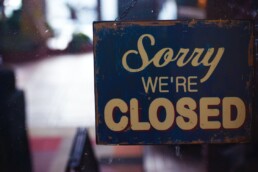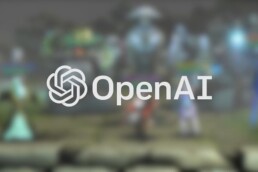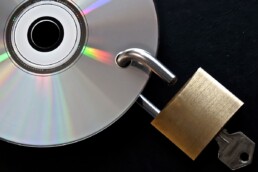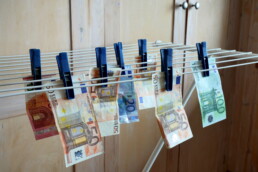NEWS
by Special Counsel Benjamin Fitzmaurice
Copyright: AI, intelligence or theft?
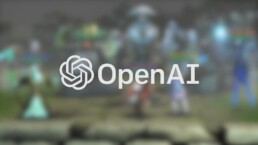
Provocatively, one could question, at this point, the use of word “intelligence” in the acronym “AI”. It is, on the face of it, a very sophisticated program designed to scrape data and repackage it for publication. That scraping presents a problem with respect to copyright law and how we view the legitimacy of original and derivative works.
This is the view expressed by various authors in a lawsuit recently filed in New York federal court alleging “blatant violations of the plaintiff’s registered copyright” in the form of “systematic theft on a grand scale”.
The allegation made by OpenAI and other AI stakeholders raises the question of whether the AI content produced can be considered original within the meaning of copyright law, and whether the reproduced work falls under “fair use” or legitimate derivative works. If the AI programme is designed to exploit material from other copyrighted material, the key question is whether the reproduced compilation is again an “original” as required by the UK, Switzerland (Federal Copyright and Related Rights Act), Australia and other countries.
In Switzerland and Australia, however, this question does not need to be asked, as copyright only exists in original works of human creation. In the USA, District Judge Beryl A. Howell also recently ruled that the US Copyright Office was right to deny copyright protection to literary content that was created entirely without human involvement. This raises the question of how much human involvement is required to be considered the author of a copyrighted work. We also see this problem in the music industry, where AI tools are often used to provide creative support. The human author uses their creative expression to create an original work. This is another area of debate and further argument.
In the case Infopaq International A/S v Danske Dagblades Forening (Case C-5/08), the European Court of Justice stated that the work must reflect the author’s own intellectual creation in order to enjoy copyright protection. This results in the need to assess the actual contribution of a person to the claimed work.
What is clear is that examining what constitutes a copyrightable work in relation to AI-generated material will be difficult as we grapple with the advances of technology. A March 2023 letter from Max Tegmark of the Future of Life Institute points out the existential questions: Should we develop non-human intelligences that will eventually outnumber us, outsmart us, or render us redundant and replace us? Should we risk losing control of our civilisation? While this question is not directly relevant to the question of whether something is a copyrighted work, it will keep judges and legislators busy as this issue evolves.


